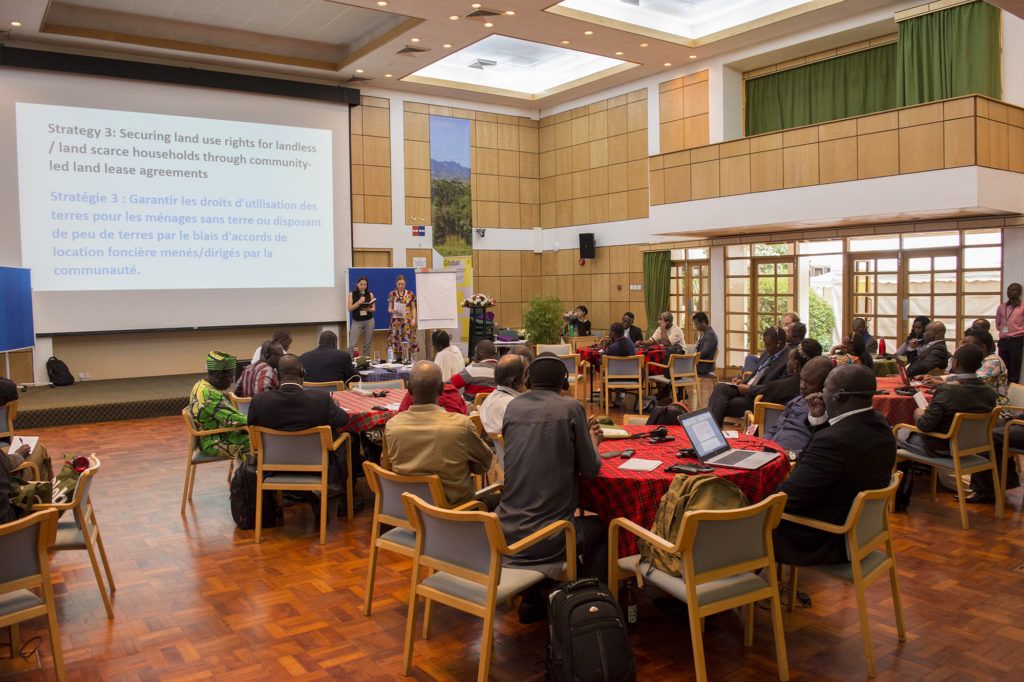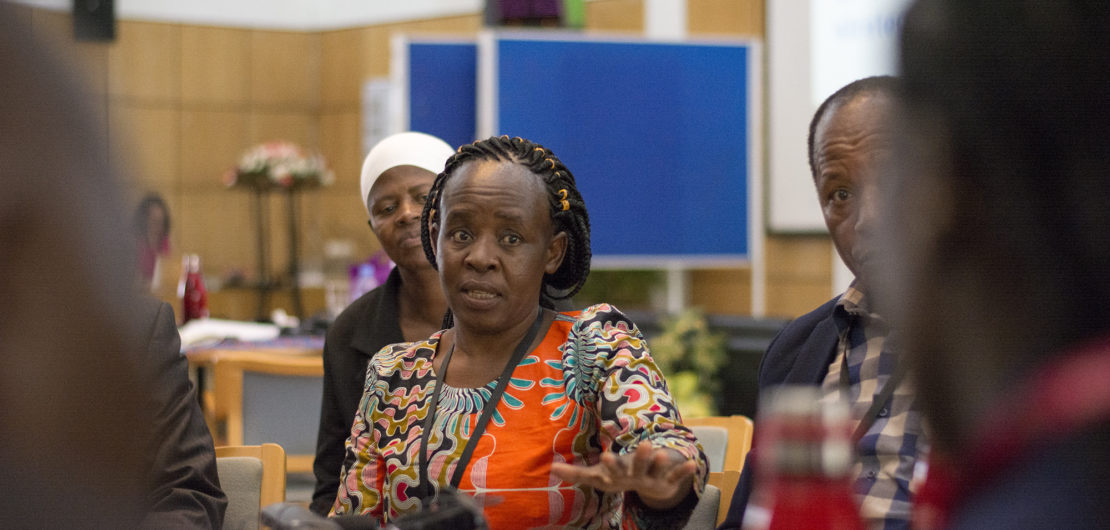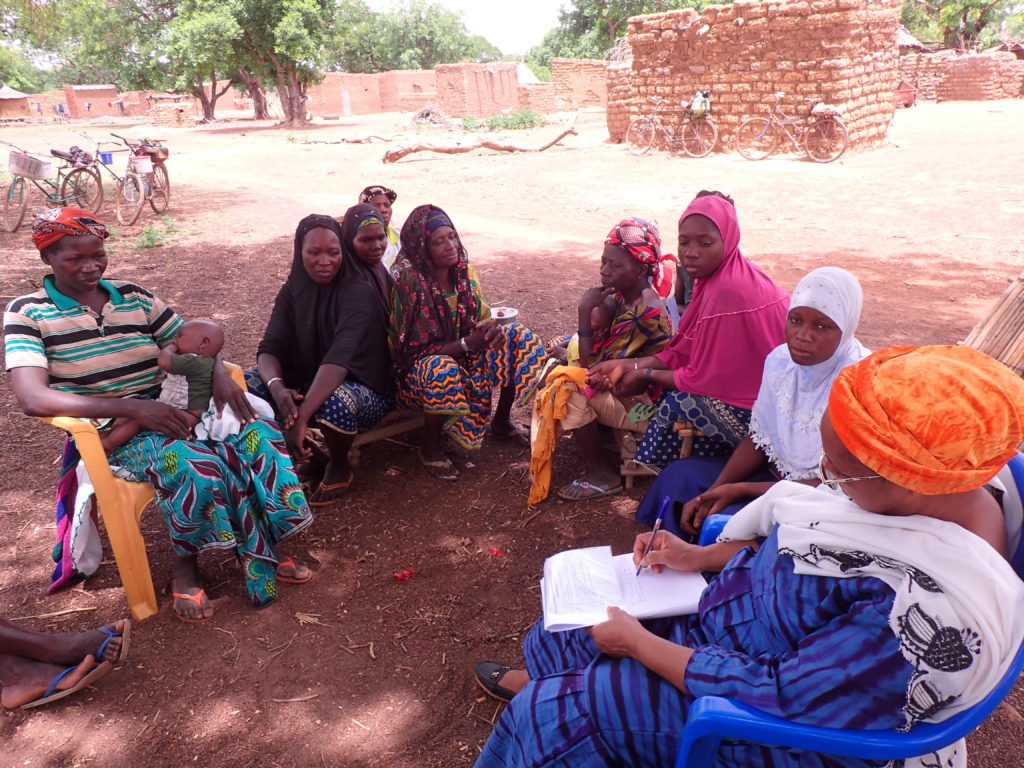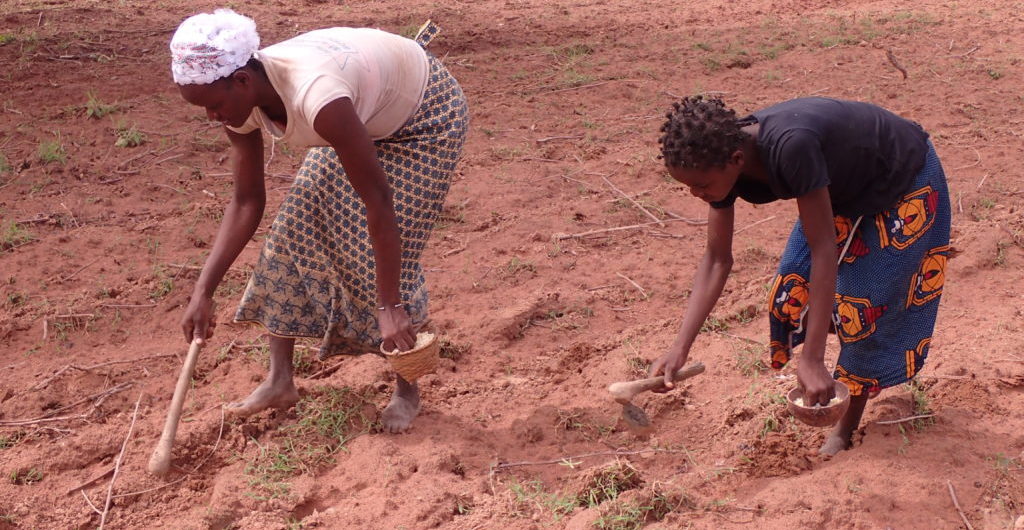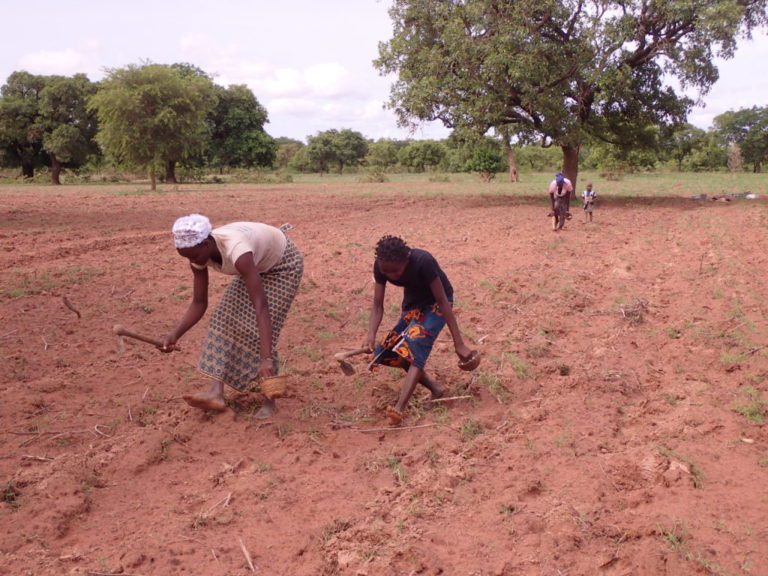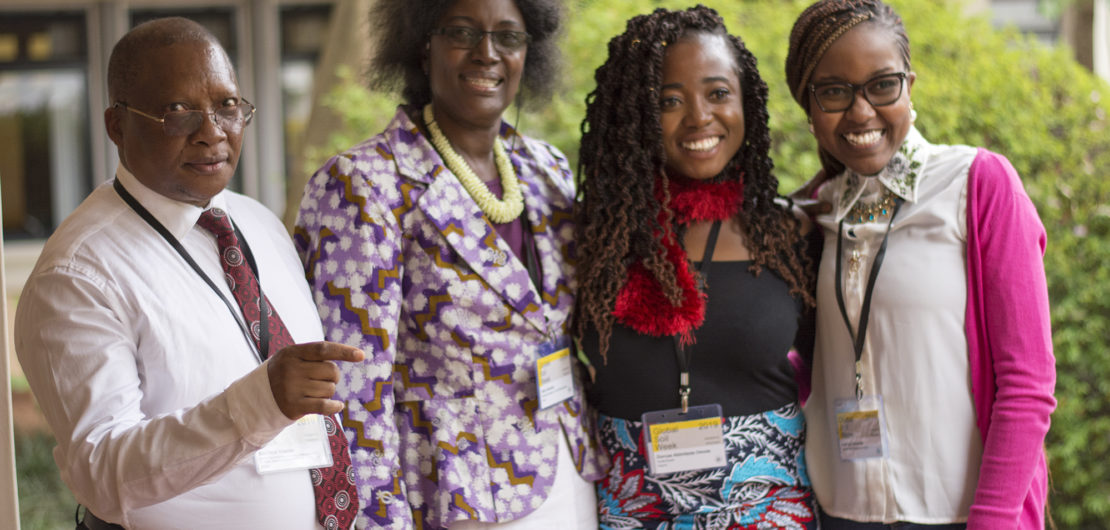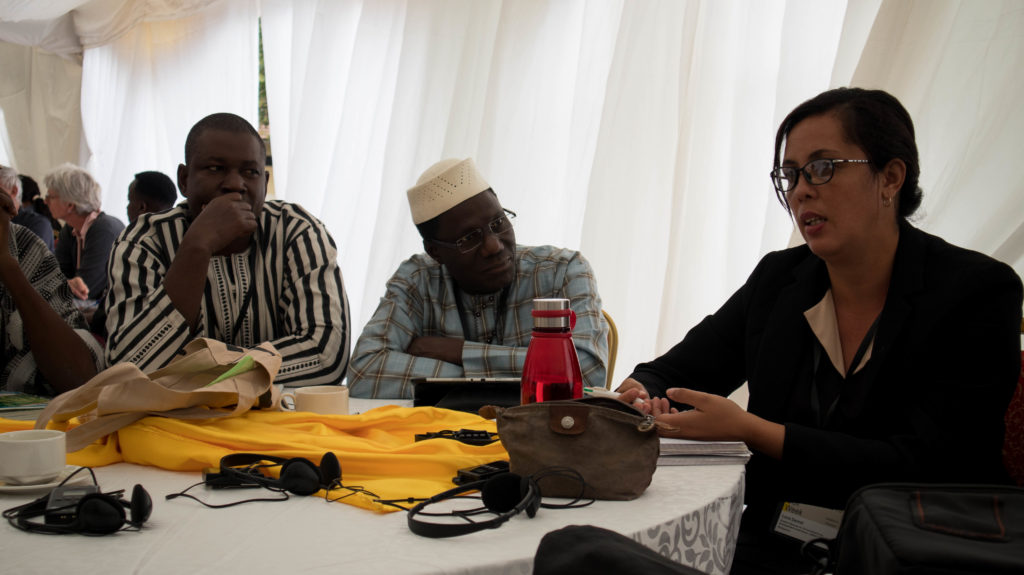 Youth in Soil
Youth in Soil
The woman of the soil
The woman of the soil
By Sally Kimathi
The Global Soil Week 2019 is over with much excitement of what the conference has achieved in a space of one week. On my return home from the conference, I paid keen attention to the greener landscape along the roadside. The countryside is a great place to relax; away from the air and noise pollution of the city. After such a busy week at the conference, the beautiful environment and the fresh air on the countryside is a timely well-deserved relaxation.
The fifth edition of the Global Soil Week 2019 held at the ICRAF campus in Nairobi is surely not the regular conference, given that the event was on a whole different level with regard to highlighting the plea of the farmer alongside enabling environment.
The fact that Sustainable Development Goals can only be implemented on the ground and not in conference rooms was at the finger prints of every delegates. The paintings were on the wall and the echoes filled the room that all sustainable development goals are local and require local actions and local systems.
The logistic arrangements, planning and the organization of the entire week made the conference stand out. From the Youth-in-Soil side event that gave the youth delegates a platform to air their views, learn about social media reporting and learn more on matters around sustainable agriculture and creating an enabling environment as well as case study discussions in both the technical and high level segments.
It was a participatory conference as the case studies brought reality into the conference room and the welcome dinners that gave delegates an avenue to interact and network. Maybe that is what made the conference stand out or possibly, how issues around the woman of the soil were prioritized.
One of the major highlights of the event was on how to secure land for rural women farmers in a sustainable way. With one of the moderators being a woman and a farmer, Alice Kaudia, I felt at home and the need for women to take ownership.
In opening the conference, Alice shared that her life experiences shaped her interest in agriculture and soil. It took me 10 years back to a time when I used to live with my grandmother. There is nothing I enjoyed most than scheduling for tea picking days as this gave me so much satisfaction, said Alice.
In continuation of her life-experience, she said, I remembered that my grandfather had finalized the land court case and it was time for the sons to inherit their portions and in my community back then, women had no rights to land. The community land used to be re-allocated to the sons including my grandmother’s tea plantation and alas! there was nothing to look forward to during tea picking days.
In most African countries, rural women play a major role in ensuring household food security through small scale food production. However, most rural women lack secure access to the land they plough.

In Burkina Faso, 50% of farmers are women and yet they lack secure access to land while in Kenya, 80% of rural women are farmers and less than 3% own land. In most cases, the land is leased or belongs to the man of the house. More so, access to land is governed by traditional laws which do not allow women to own land. These traditional laws make it difficult for women farmers to invest in sustainable agricultural technologies and further limits them in terms of timely decision making in agriculture, said Alice.
Over the past years, efforts have been directed to sustainably secure land for rural women farmers as highlighted by cases from some African countries such as Burkina Faso and Kenya at the Global Soil Week dimension workshops.
The cases showcase evident-based facts and progress made in ensuring secure land ownership by female farmers especially those in rural areas. Some of the actions highlighted were strengthening and collectivizing women to advocate for their rights, facilitating exposure visits to challenge gender stereotypes and widening the scope to address redistribution of land.
Reminiscing on the experience of being among the selected youth in soil and the many exciting experiences from the conference, I am finally home and with a warm welcome from this incredible rural woman smiles from a distance and her eyes lighting up with joy.
The excitement of seeing her daughter home after one week of learning at the Global Soil Week. In the same vein, I smile back, a smile of hope, having in mind all the promising policy recommendations made at the conference concerning rural women farmers.
This excitement is fueled with the hope that the recommendations will be implemented and this amazing woman of the soil smiling at me right now gets to benefit, amongst a thousand plus other rural women across the African continent.
Anchoring from the famous word of Wangari Mathaai, I found confidence after the conference to say, I am a proud daughter of my native soil, as my mother and father; a youth in soil, and more importantly, a proud woman of the soil.

